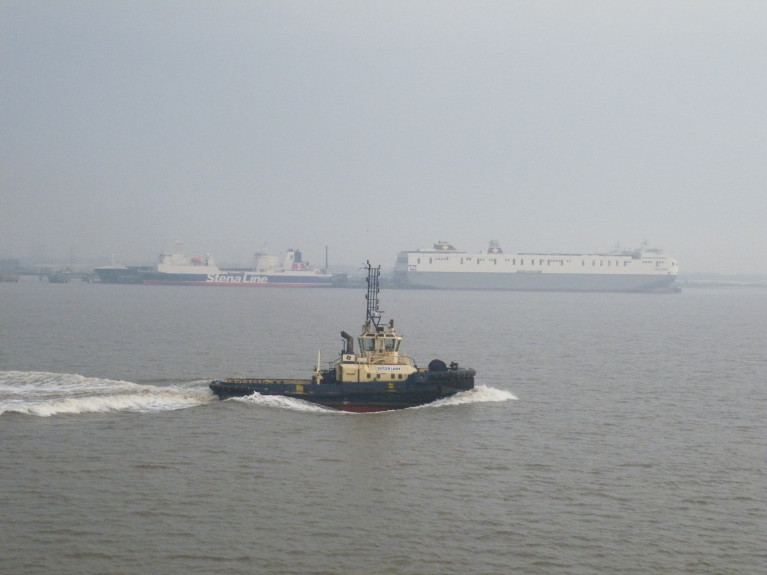In the UK the government has set out further details today around how it plans to create a number of new “innovative” freeports across the UK in a bid to “drive investment and create jobs” after the end of the UK’s transition period from EU trading rules and structures.
According to LloydsLoadingList, the UK government was responding to a consultation earlier this year, where they confirmed that sea, air and rail ports in England will be invited to bid for ‘freeport status’ before the end of the year, with the government aiming for the first of the new sites to be open for business in 2021.
It also confirmed the freeports will benefit from: streamlined planning processes to aid brownfield redevelopment; simplified customs procedures and duty suspensions on goods; and a package of tax reliefs to help drive jobs, growth and innovation.
The government said the freeports would be created “to help drive Britain’s post-Brexit growth, seizing on the opportunities presented by leaving the EU”, although critics have claimed that the benefits of freeports were already available to the UK when it was a member of the EU.
Designed to attract major domestic and international investment, the government said “the hubs of enterprise will allow places to carry out business inside a country’s land border but where different customs rules apply. They have been successfully used in countries around the world to drive prosperity and boost trade.”
Click here for more and a response from Logistics UK.































































